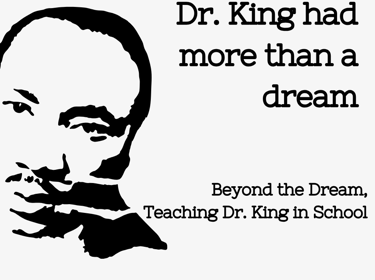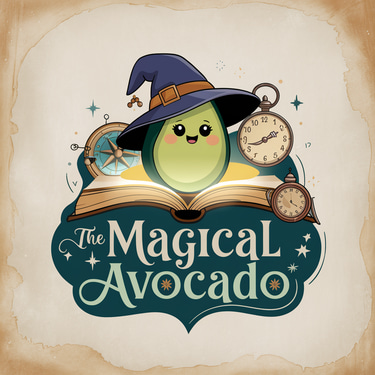Beyond a Dream, teaching Dr. Martin Luther King Jr in School
Let's honor Dr. King's memory by looking deeper than I have a dream!
1/2/20253 min read
Next week marks the observation and celebration of Dr Martin Luther King Jr., and schools across the USA will be teaching about Dr King and his message, one of hope, one of equality, and of course, one of a dream.
When I discuss Dr King with my pre-service teachers, I'm usually met with the same discussion from my students. they know of the most famous speech, I Have a Dream, and some of my students even have read and heard the whole speech! Several students also know that there are other speeches, but very few students could describe them.
As Dr. King is often synonymous with the Civil Rights era, reducing Dr King to a simple phrase is a disservice to his memory and to those who fall for equality. In a not-so-great comparison, it is similar to only acknowledging “We All Live in a Yellow Submarine” as the epitome of the Beatles music and the general vibe of the 1960s Is “We All Live in a Yellow Submarine” a great song? Absolutely. Are there better Beatles songs? Yes! Did the 1960’s have other music? Definitely. In this sense, reducing Dr. King to a one-hit wonder takes the speech out of context.
So what can we as educators do?
We can teach I Have a Dream in the context of the Civil Rights Movement. This means to include other parts of the Civil Rights Era in the curriculum. Make it a part of a larger unit (that can also extend into Black History Month in February! Which will be included in future posts). In other words, don't just have the students listen to the speech, read the speech, or write their dreams, and then return to “regular” curriculum the next day.
We can teach other speeches and writings. Letter From a Birmingham Jail, A Time to Break Silence, I’ve Been to the Mountaintop, Strength to Love, Loving Your Enemies, and The Other America, are just a few! More speeches have been “found” lately, and are great to use in the classroom.
We can teach Dr King alongside others at the time. When I taught High School American History as an intern, my students did a DBQ on Dr King and Malcolm X.. It was the first time many high school juniors had read speeches from the two of them to compare. Presidents Kennedy and Johnson both spoke on civil rights, as did Senator John Lewis and Senator Jesse Jackson, Congresswoman Shirley Chisholm, and activists Fannie Lou Hamer, and Angela Davis, just to name a few!
We can have students compare how Dr King was seen by the American public during the Civil Rights era versus how he is portrayed today. newspapers, television reels, editorials, other speeches, and primary sources can help share the sentiment at the time and you get to use the tools of historians! Many today invoke Dr. King’s memory…would he agree with their message?
We can look at how states saw Dr King and his work. I currently teach in Florida and I had no idea that Dr King considered St Augustine to be one of the central hubs for the Civil Rights Movement. this is despite having gone to St Augustine multiple times throughout my childhood, and living not far away from it as an adult! Did Dr. King travel to your hometown? Were there protests down the street from your school? Local history helps to make the past more real to students!
We can look at the foundations of the philosophy of Dr King, primarily the idea of non-violent movements that link Dr King to Gandhi and India. This is critical, particularly for world history teachers who are trying to have some form of continuity in their curriculum while also recognizing national holidays.
The sixth option was the one that was most frequently used in my class. As a former ancient world history teacher, The Ancient India unit was taught during the first month of the second semester and included the development of Hinduism, which nearly seamlessly led into a discussion on Gandhi with the concept of animism, non-violence towards all living things, and how that influenced Dr. King.
If you are interested in this connection and sharing it with your students, I've created a resource on Teachers Pay Teachers that includes looking at quotes from Dr. King and Gandhi, a review of the main ideas of Hinduism and ahimsa, listening to a speech that Dr King gave in India with guiding questions, and comparing the contrasting Gandhi and Dr King's biographical information.


